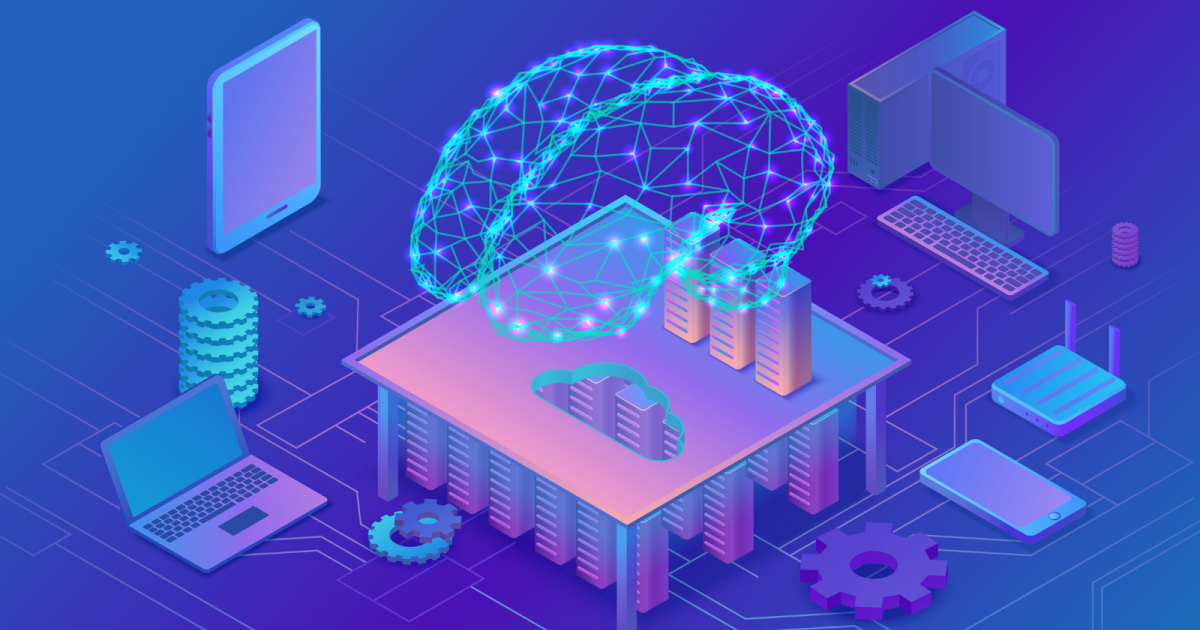The implications of artificial intelligence replacing governments in a country like India
The idea of artificial intelligence replacing governments in a country like India is highly unlikely, as it is a complex and multifaceted task that requires not only advanced technological capabilities, but also a deep understanding of social, economic, and political structures.
However, if we were to explore the hypothetical implications of such a scenario, there could be both positive and negative outcomes. On the positive side, AI systems could potentially bring greater efficiency, transparency, and fairness to government processes, as they could process large amounts of data quickly and accurately, identify patterns and trends, and make decisions based on objective criteria.
AI could also potentially reduce corruption, as it could automate many government processes, minimizing opportunities for human intervention and manipulation. Additionally, AI could help address issues such as poverty, healthcare, and education by providing more precise targeting of resources and services to those in need.
However, there are also potential negative implications of AI replacing governments. One concern is that AI systems could perpetuate and amplify existing biases and inequalities, as they could be programmed with biased algorithms or data sets. Additionally, AI may lack empathy and the ability to understand the nuances of human behavior, which could result in decisions that are perceived as unfair or insensitive.
Furthermore, AI systems may also lack accountability and transparency, which could raise questions about who is responsible for decisions made by the AI and how those decisions are made. There may also be concerns about job losses, as many government jobs could potentially be automated.
In conclusion, while the idea of AI replacing governments in a country like India is unlikely, it is important to consider the potential implications of such a scenario. It is essential to approach AI technology with caution and to consider how it can be used to address social and economic challenges while minimizing potential negative consequences.

0 comments:
Post a Comment